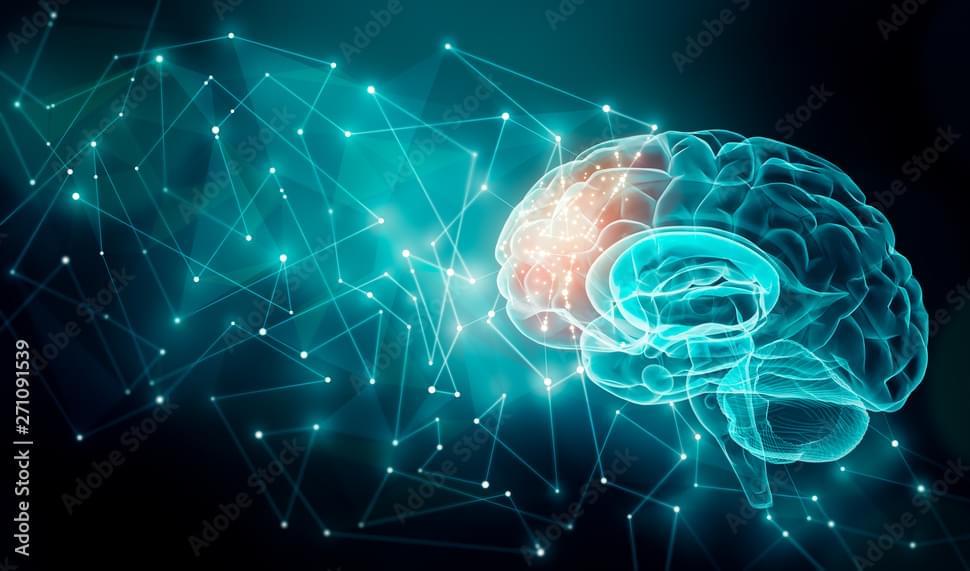Please welcome a second posting here at 21st Century Tech Blog, from Katie Brenneman. Katie’s previous contribution looked at how individuals can practice sustainability to mitigate the threat of climate change. Her many interests include writing on lifestyle, mental health, and sustainability. You can follow her on Twitter.
In this contribution, Katie has chosen a timely topic: the increasing consumer interest in electric vehicles (EVs). The recent stratospheric rise in gasoline and diesel prices because of Russia’s invasion of Ukraine has made EVs far more attractive. That plus more announcements about new EV models, i.e., The Ford Lightning (an EV version of the F-150) may prove to be the moment when North Americans begin a rapid move away from fossil-fuel-powered vehicles?
As fuel prices continue to rise around the world, many consumers are taking another look at EVs as a potential solution for their transportation needs. This follows historical trends that show whenever there is a spike in gas and diesel costs it is accompanied by an increase in EV sales. Online searches for EVs continue to double with many in the renewable energy sector wondering if this is the watershed moment that will finally move us to take zero-emission actions seriously.







